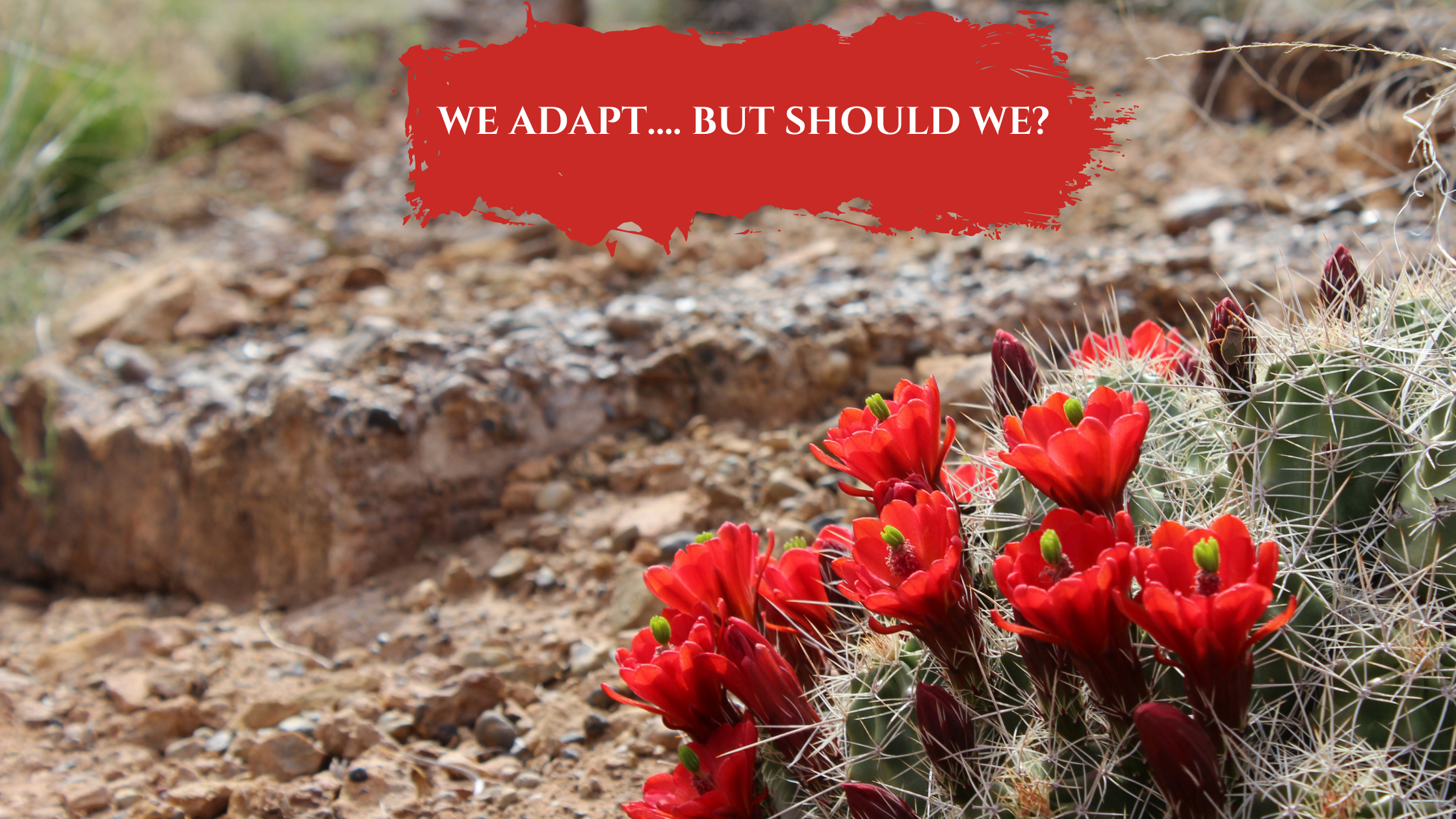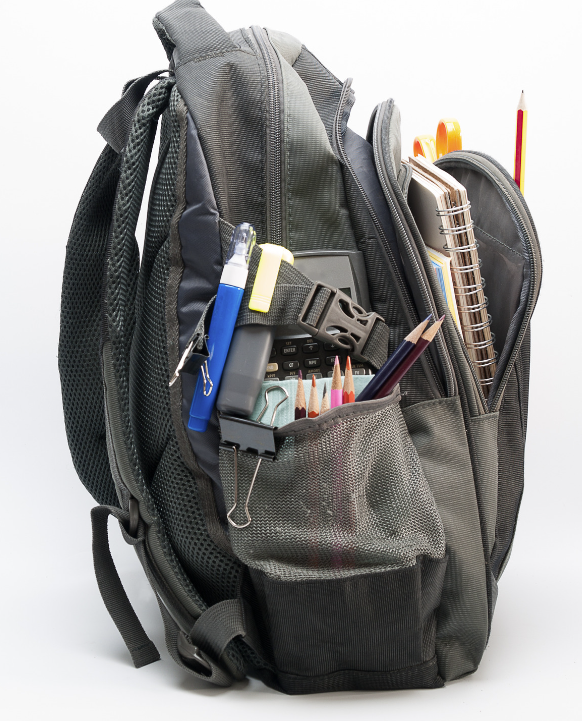When I was in high school, we lived in a house my dad built. He was not a contractor, or a plumber, or an electrician. He was a creative guy with an indomitable spirit and a bookshelf full of advice. He had a grand scheme for wiring the house for maximum efficiency. Midway down the stairs to the garage, there was a box with at least four switches intended to control the entry way, upstairs, and downstairs lights. Most worked. I could never find the switch to the garage stairs. Eventually, I tired of light switch roulette. I would open the door, stand on the top stair, and wait for my eyes to adapt to the darkness. Of course, I could not see in the dark fully, but I was able to see well enough to navigate the stairs, avoiding the discarded boxes of textbooks, and locate the second switch inside the garage. While the darkness was not welcomed, once I adjusted to it, the return of light was a shock. I suppose we could have fixed the switch. I adapted.
The wise adapt themselves to circumstances,
as water molds itself to the pitcher.
– Chinese Proverb

It’s quite extraordinary if you think about what the human body can adapt to. The Chukchi and Inuit peoples can endure arctic temperatures below -50 F. The Tibetan and Andean peoples can breathe—even exert themselves—at altitudes more than 13,000 ft. The Sea Nomads of Thailand can dive 100 ft or more unassisted for minutes (Illardo & Nielson, 2018). Our ability to adapt comes in handy when you are forced to survive extreme conditions.
More profound is the ability of the human spirit to adapt to survive. In the last two years, we have all, adults and children alike, had to adapt. We’ve found new ways to do things to ensure our survival. That may sound melodramatic, but it’s true. We have embraced video calls when we cannot be with loved ones or colleagues. We figured out how to teach and learn when the only thing connecting us was waves of electromagnetic energy. We’ve worn masks for hours on end just for the joy of being six feet away from another live being. We’ve replaced the bear hug with knuckle knocks and elbow taps. We have also become patently aware of the importance of our social emotional wellbeing.
The reasonable man adapts himself to the world.
The unreasonable one persists in trying to adapt the world to himself.
Therefore, all progress depends on the unreasonable man.
– George Bernard Shaw
I think we have always known about it on some level even if we haven’t read the research. Imagine signing onto a Zoom meeting and being greeted by name, perhaps even being asked how you are doing. That small act is a powerful message that you belong. You matter. That feeling cascades and you share that sense of belonging with others. Perhaps you know someone who melted down from the isolation of the pandemic. You may have empathized with their despair and helped them to regain perspective. Your social awareness may have been the life raft they needed. Maybe you were melting down yourself and, recognized your increasing stress was physically and emotionally debilitating, you turned on your self-management skills and committed to working out every day before work. You might have had to flex your relationships muscle as you found yourself trying to work from home with the added stress of a partner and children.

In this unpredictable situation, we will have to continue to adapt to keep ourselves and our loved ones safe. There are things that could easily fade away if we do not appreciate their impact and focus our effort on maintaining them. For example, it would be easy to slip back into efficient routines and forego the effort it takes to maintain social emotional wellbeing. So, I say, let’s adapt to that. Let’s adapt to communicating a sense of belonging in our classrooms, communities, and homes. Let’s adapt to empathy and seeking to understand each other. Let’s adapt to acknowledging that our reactions reflect our own story and experiences, taking a breath, and listening with compassion. Let’s communicate our needs and boundaries in a healthy way and respect the needs and boundaries of others. Let’s adapt to all of that as if our very survival depends on it. Instead of walking down the stairs in the dark, day after day, let’s fix the light switch.
Copyright Catherine Matthews 2021
Ilardo, M., & Nielsen, R. (2018). Human adaptation to extreme environmental conditions. Current opinion in genetics & development, 53, 77–82. https://doi.org/10.1016/j.gde.2018.07.003






Leave a Reply